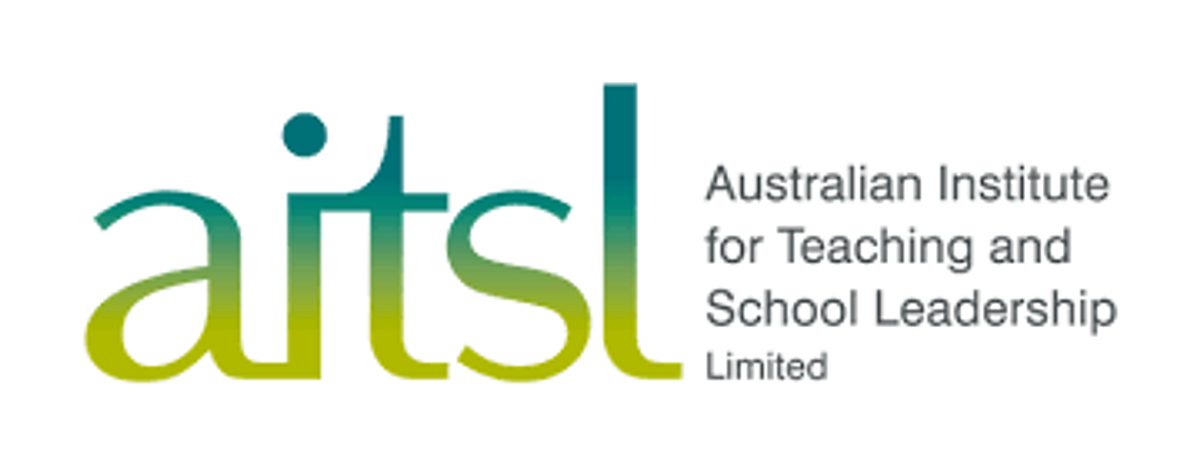
The Australian Professional Standard for Principals (the Principal Standard) is represented as an interdependent and integrated model that recognises three leadership requirements that a principal draws upon within five areas of professional practice.
The Leadership Profiles expand on the Principal Standard to describe each of the Leadership Requirements and Professional Practices in more detail.
The Teaching & Learning Toolkit can help Principals as they consider approaches for the school across the five areas of professional practice. Use the links below to access the Toolkit approaches mapped to each practice area.
Principals create a positive culture of challenge and support, enabling effective teaching that promotes enthusiastic, independent learners, committed to lifelong learning. Principals have a key responsibility for developing a culture of effective teaching, for leading, designing and managing the quality of teaching and learning and for students’ achievement in all aspects of their development. They set high expectations for the whole school through careful collaborative planning, monitoring and reviewing the effectiveness of learning. Principals set high standards of behaviour and attendance, encouraging active engagement and a strong student voice.
Collaborative learning approaches
Feedback
Individualised instruction
Mastery learning
Metacognition and self-regulation
Oral language interventions
Phonics
Reading comprehension strategies
Social and emotional learning
Principals work with and through others to build a professional learning community that is focused on continuous improvement of teaching and learning. Through managing performance, effective continuing professional learning and feedback, they support all staff to achieve high standards and develop their leadership capacity. Principals support others to build capacity and treat people fairly and with respect. They model effective leadership and are committed to their own ongoing professional development and personal health and wellbeing in order to manage the complexity of the role and the range of learning capabilities and actions required of the role.
Feedback
Principals work with others to produce and implement clear, evidence-based improvement plans and policies for the development of the school and its facilities. They recognise that a crucial part of the role is to lead and manage innovation and change to ensure the vision and strategic plan is put into action across the school and that its goals and intentions are realised.
Behaviour interventions
Feedback
Metacognition and self-regulation
One to one tuition
Parental engagement
Peer tutoring
Small group tuition
Principals use a range of data management methods and technologies to ensure that the school’s resources and staff are efficiently organised and managed to provide an effective and safe learning environment as well as value for money. This includes appropriate delegation of tasks to members of the staff and the monitoring of accountabilities. Principals ensure these accountabilities are met. They seek to build a successful school through effective collaboration with school boards, governing bodies, parents and others. They use a range of technologies effectively and efficiently to manage the school.
Extending school time
Parental engagement
Reducing class size
Summer schools
Teaching Assistant Interventions
Principals embrace inclusion and help build a culture of high expectations that takes account of the richness and diversity of the wider school community and the education systems and sectors. They develop and maintain positive partnerships with students, families and carers and all those associated with the wider school community. They create an ethos of respect taking account of the spiritual, moral, social and physical health and wellbeing of students. They promote sound lifelong learning from preschool through to adult life. They recognise the multicultural nature of Australia’s people. They foster understanding and reconciliation with Indigenous cultures. They recognise and use the rich and diverse linguistic and cultural resources in the school community. They recognise and support the needs of students, families and carers from communities facing complex challenges.